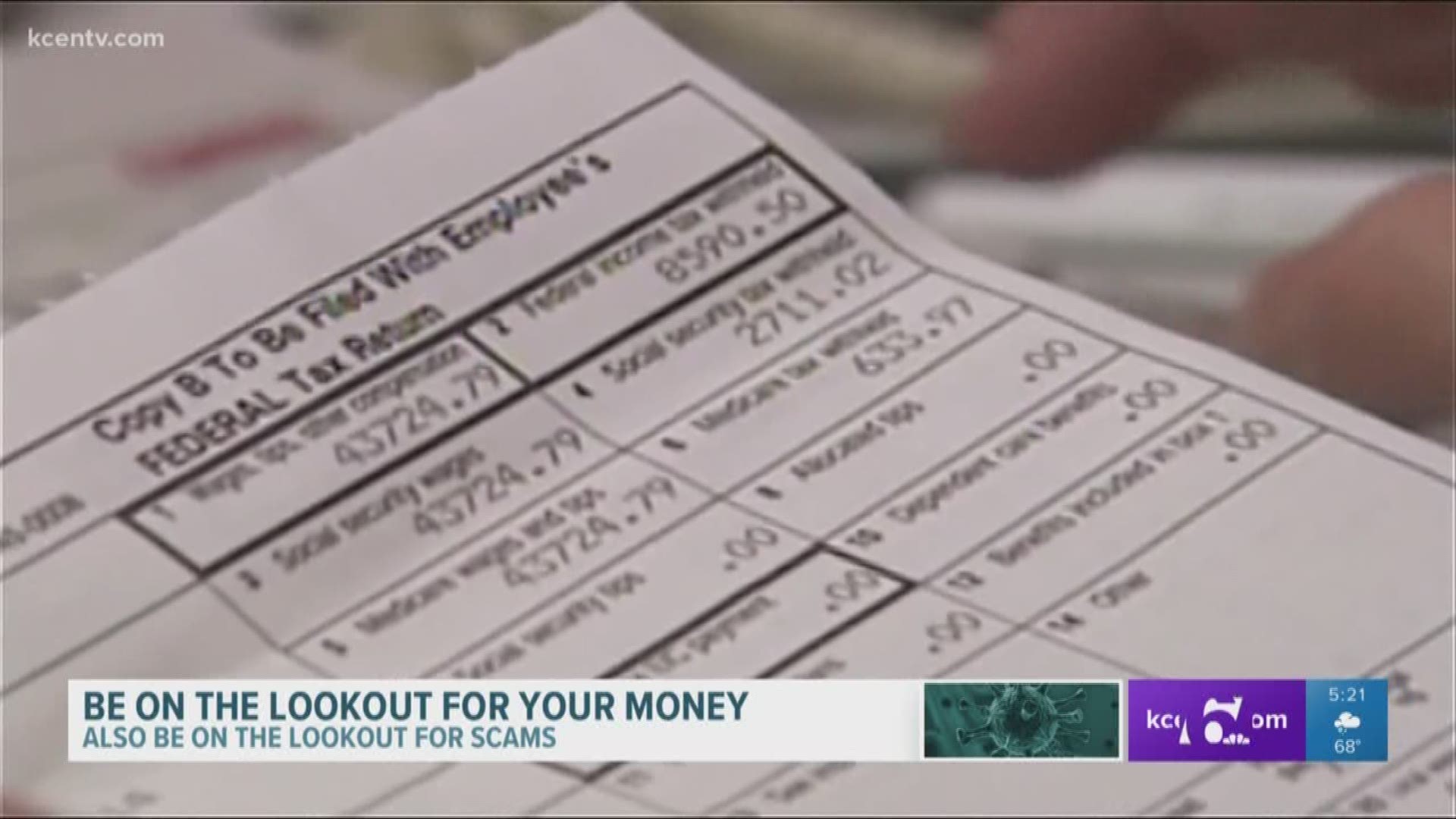Federal officials are warning taxpayers about stimulus payment scams targeting to steal the payments via phone calls, emails, text messages and other forms of communication.
U.S. Attorney John F. Bash and Acting Special Agent in Charge Rodrick Benton with the IRS Criminal Investigation's Houston Field Office assured that stimulus payments would be received via direct deposit or by mail, depending on the method taxpayers selected to receive their tax returns.
The press release from the U.S. Attorney and IRS said stimulus payments "will be on their way from the IRS in a matter of weeks" and that scammers have begun attempting to deceive taxpayers.
"My office will be aggressive in targeting anyone who attempts to steal from the American people during this time of national emergency," U.S. Attorney Bash said in a statement. "I urge members of the public to report scams and other illegal activity to law-enforcement authorities."
Victims of the scams or attempted fraud involving the stimulus payments can report it by calling the National Center for Disaster Fraud Hotline at 866-720-5721 or by email at disaster@leo.gov.
If it is a cyber scam, a complaint can also be submitted at www.ic3.gov.
IRS - Criminal Investigation also provided guidance on identifying potential scams. The guidance provided said:
- The IRS will deposit your check into the direct deposit account you previously provided on your tax return, or alternatively, send you a paper check
- The IRS will not call and ask you to verify your payment details. Do not give out your bank account, debit account, or PayPal account information – even if someone claims it’s necessary to get your check. It’s a scam.
- If you receive a call, don’t engage with scammers or thieves, even if you want to tell them that you know it’s a scam, or you think that you can beat them. Just hang up.
- If you receive texts or emails claiming that you can get your money faster by sending personal information or clicking on links, delete them. Don’t click on any links in those emails or texts.
- Reports are also swirling about bogus checks. If you receive a “check” in the mail now, it’s a fraud – it will take the Treasury a few weeks to mail those out. If you receive a “check” for an odd amount (especially one with cents), or a check that requires that you verify the check online or by calling a number, it’s a fraud.
For more information, visit the IRS website at www.irs.gov/coronavirus.
Also on KCENTV.com


